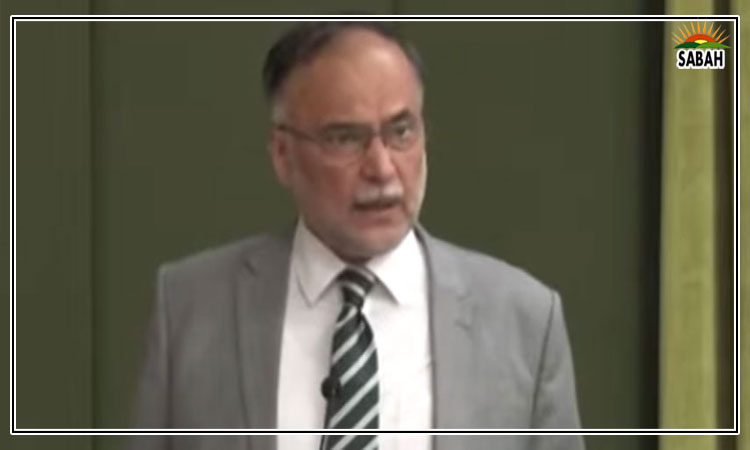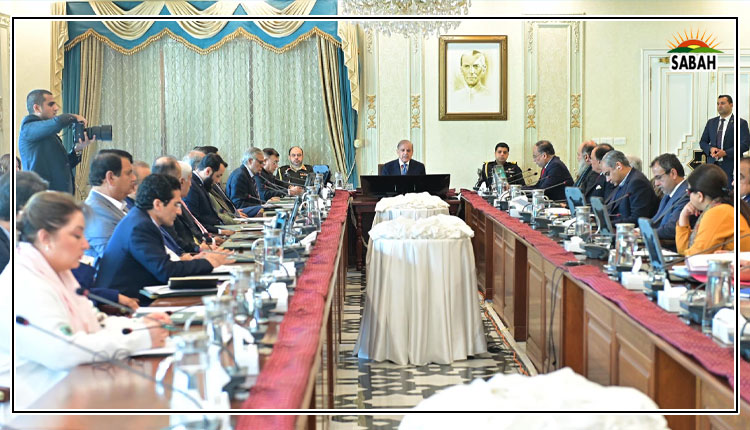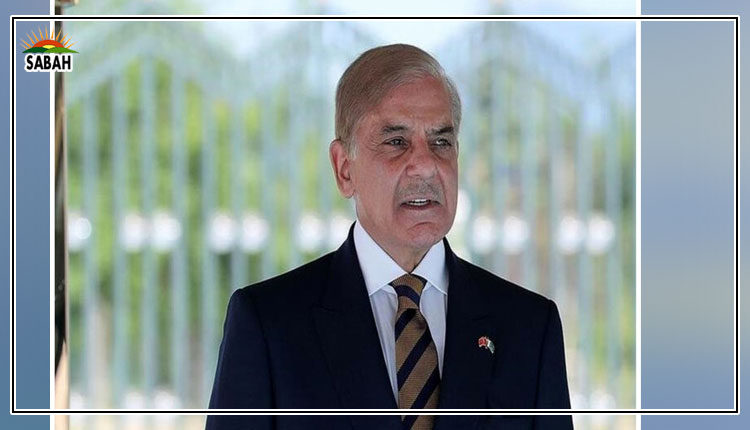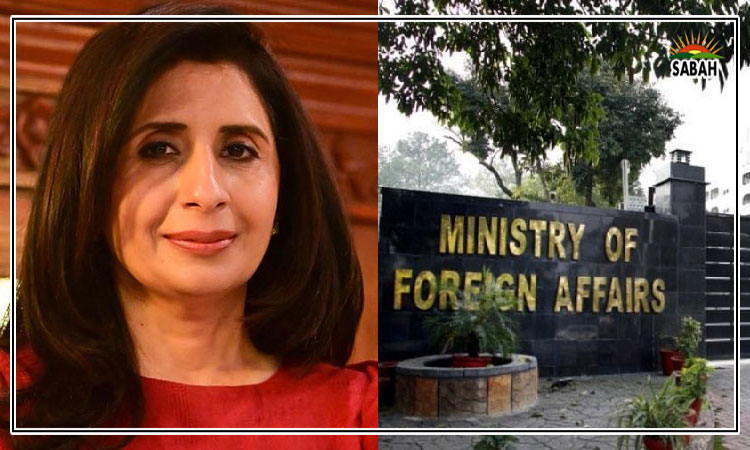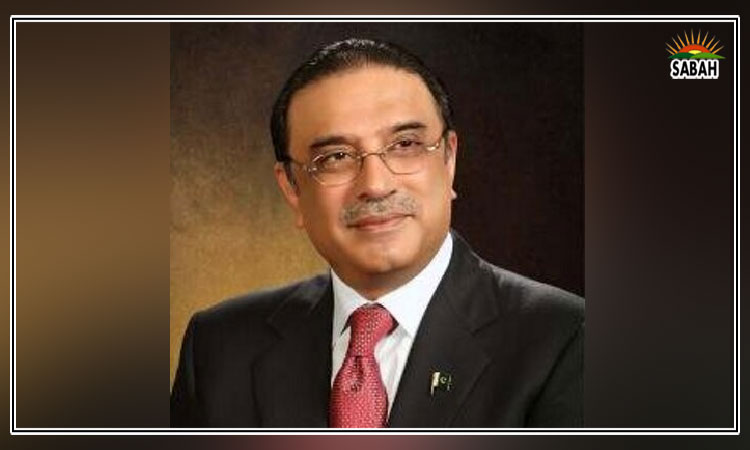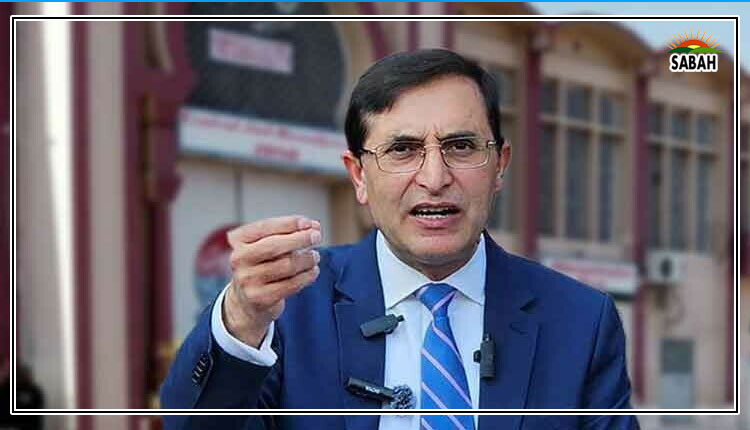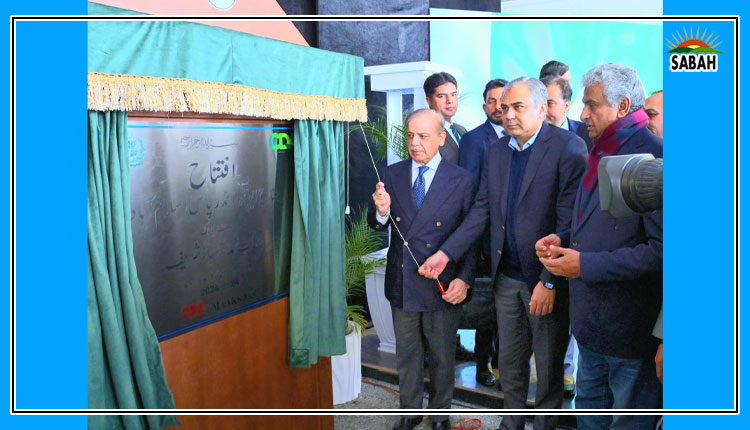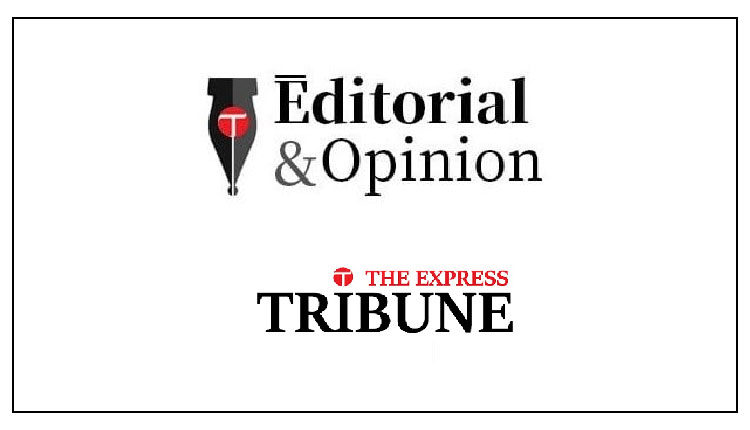The disregarded change of campus life …Husain Raza
This article is an attempt to present the collage of the gathered opinions about campus trio of students, faculty and support staff, as operational in state-run universities, through discussions, informal interviews and on-site. It calls for renewed understanding of the changes occurred in the relationships amongst the trio of student bodies, faculty and the non-teaching staff for better delivery of education and related services. The students’ body has changed, its relationship with the faculty and the non-teaching staff has changed as well.
Two major happening of late 70s and of the decade of 80s ripped students from their global identities, and the subsequent national vision about the Pakistani society: the ban on students union in 1978 and in 1984, and the melting away of USSR. The ban deprived students from creative activities such as debate competitions, drama and political-pamphlet writing skill as well as entertainment opportunities such as drama and dance musical evenings and film festivals.
In the post-ban period, the administration of the campuses has transformed itself into authoritarian structures, suffocating both the educational environment and the reason for their very existence: the students. Gone with ban the opportunities to express freely, the interest of the students campus and of the society. A serious identity crisis then followed. The market-driven images replaced the earlier-held ideological imagination of the students.
Soap operas of innumerable channels painting palatial house and the love triangle, social media, various movies channels, all helped them to develop a ‘cool’ identity which is more global and less local. Physically the students are in campus and mentally in an alien world. This duality is reflected in their attire, gender dealings, aspirations and vocabulary. For instance they do not talk instead they ‘chill’ with each other, not beautiful or handsome but ‘hot’, do not blame but ‘gaslight’, any feedback is labelled as ‘being judgmental’, description of any personal trait is categorised as ‘labelling’ and ‘folks’ and ‘guys’ is graduated to ‘boys’. ‘Baddie’, ‘swag’, ‘savage’, ‘tea’, ‘man’s plain’, ‘roast’, ‘man’s child’, ‘shapatar’, ‘chic’, ‘boundaries’ and ‘bi-polar’ are the examples of in-vogue often used terms by the fraternity.
Their palate has become adventurous and they are happy to be called as ‘foody’ and they spend more on food and less on books. Turkish dramas and Arabic cuisine play important role in making their respective identities confused and global. Physically, they live with local realties and mentally in their global cocoons. They easily get bored with in-depth discussions and shunned those as ‘intense’ in favour of ‘take-it-easy’ and ‘chill karen’ suggestions. With fragmented identities, current day student, by and large is a vision less entity.
Having written all that, the contemporary students’ body is not a total vision-less identity. Born out of the older political momentum and residual left-wing politics, there exists some issue-based sporadic political flashes in the students’ fraternity, but do not make enough to categorise those as dissenting movements. Their interests include women rights, human rights, transgender rights, animal rights and minority rights to name a few. They operate more in virtual space and on hashtags than on ‘chowks’, ‘grounds’ and ‘parks’, with the examples of virtual translating to physical. They challenge the old setups but do not pose a substantial threat to those old guards.
Exceptions aside, a substantial number of teachers are more for a ‘sarkari naukri’ than teaching itself. Their conversations are marked more with ‘me’ and ‘I’ than ‘you’ and ‘they’. Students view them as loyal more to university management than to students. They have little understanding of ‘situation at ground’ and hence they do not relate with students well. Majority remains in their perpetual stiff-necked isolation with students hence they lose an important window to view the society. Those read less and write even lesser. Even if they write it’s more for ‘Impact Factor’ than the impact on the society. Their bond with the campus is more through regulations than the call for the sacred duty of knowledge. Died long ago the breed of mentors in campuses and what is left are just salesperson of the knowledge business. Hence those become more specialised robots and less wholesome beings that prefer authority over empathy, command over love and spend time more in search of money than intellectual endeavours.
Faculty mentioned that the support staff is more loyal and eager to their respective part-time jobs than the ‘sarkari naukri’ for a permanent salary. Their usual part-time jobs are rickshaw plying, catering, chowkidari, and running food items stalls usually in their neighborhoods. Students complain that support staff’s attitude towards them is often derogatory, of estrangement and of non-cooperation. Majority of them don’t like accountability and are not very comfortable with women in leadership positions. To pass the buck they adhere to hierarchy (yeh mera kaam naheen hae is an often cited mantra) and mock the orders when come from a female boss. Foot dragging and feigned ignorance are their mechanisms to beat the system. Most of them, come, go and sign the attendance register/sheet with meticulous precision and yet love prolonged lunch hours, side gossips, and making and guarding their small turfs in prime hours of work. Students’ interest usually does not fit very well in such circuits.
At the moment, the power balance is heavily in favour of university administration and faculty and that too at the cost of students’ freedom of expression. It’s time to get rid of lopsided power play and to give students a chance to define and express themselves, through their unions. In the last forty years, a lot has been changed on the campus chessboard and one would be able to understand the change, for a better synthesis, when the expression of it will come from the students’ body. Let the thousand flower bloom, for a better future for Pakistan. Hope it would happen, and happen sooner than soon.
Courtesy The Express Tribune, January 20th, 2024.



